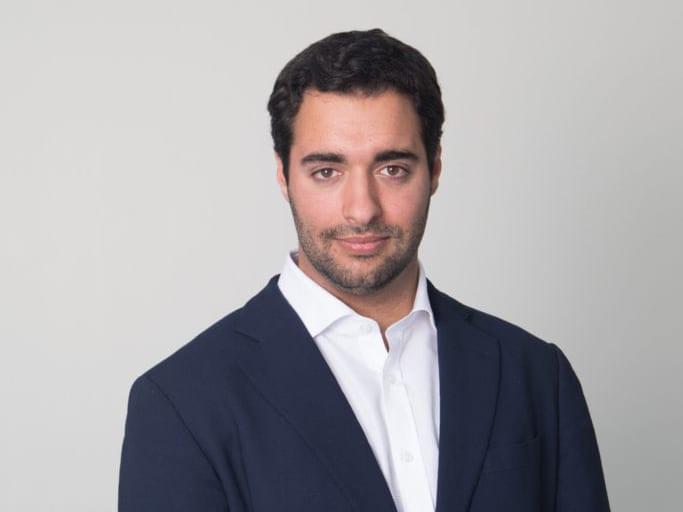Open Cosmos Uses Space to Solve Earth’s Challenges

Rafel Jorda-Siquier, founder and CEO of Open Cosmos. Photo: Open Cosmos
“I want to be an astronaut when I grow up.” How many times have you heard this? In every group of children, spanning the decades, there always seems to be at least one with this far-out idea. But why? For many, it’s not so much a coveted career as it is the appeal of living out pure fantasy; being an astronaut is the dream job. All the excitement exuding from rockets tearing through the skies to outer space, zero gravity gymnastics, and the sensation of doing a spacewalk — these, and being an orange-drink-loving hero, are indeed the elements of a great dream. But going to space is also dreamlike because the likelihood is quark-sized. For most, an Earth-bound existence is our grounding reality, and making it to space is for a select few. But does it have to be?
The idea of making space accessible to anyone is not a dream, but a business model. Open Cosmos is working to do just this. When the company’s founder and Chief Executive Officer (CEO) Rafael Jordá Siquier was a teenager, he was captivated by a picture taken by his university balloon project from the stratosphere. Right there and then, he embarked on a mission. Today, Open Cosmos has edged closer to achieving its overall goal through its partnership with Arianespace. The turnkey space mission provider and the satellite launch services provider signed an agreement on Feb. 12 for a 12 Unit (12U) deployment platform from the Guiana Space Center using a Soyuz rocket.
Described as a key to the Open Cosmos commercial offering, the 12U deployment platform will see its first mission launch and inject cubesats into Sun-synchronous orbit at an altitude over 500km.
“Our customers will get into their targeted orbit less than 10 months after signing a contract. This is an important step towards reaching our goal of making space accessible to anyone,” said Siquier, adding that he will have launch capacity towards the end of 2019.
It is a significant accomplishment, noted Siquier. Having been founded just four years ago in 2015, the company has evolved from a start-up into a player in the NewSpace industry. With “reliable” launch capacity secured, Open Cosmos can follow its growth strategy and further develop its launch commitments.
“Working with a reliable launch partner, offering different platforms for different payload requirements, will help us offer frequent launches for our future customers, with minimum lead time at the lowest possible cost. This launch agreement is the perfect example of how we aim to achieve this. We promise our customers the shortest time from mission idea to launch, so signing a launch deal now for a launch that happens in about 10 months from now showcases our agility towards our customers, plus the agility of Arianespace to accommodate us at such short notice. This is what the market for small satellites demands and that is what we can deliver,” said Siquier.
A contract between Open Cosmos and Lacuna Space will see the first payload flying a demonstrator mission of Lacuna Space Internet of Things (IOT) technology integrated into Open Cosmos’ beeSat platform.
Looking to enable a wide variety of technologies ranging from Earth Observation instruments to communication, science or new technology demonstrations, Open Cosmos wants to make the application of space-based data the main focus, rather than the satellite technology.
“We will develop a mission based on data requirements, where we aim to get our customer the required data as quickly and as affordable as possible. We will continue to improve our leading online mission development software, while simultaneously simplifying the process from payload development through testing, qualification, legislation, logistics, launch, commissioning, mission operations, data processing, all the way to end of mission. We want our customers to focus less on ‘rocket science’ and much more on developing useful data to help solve the world’s biggest challenges,” explained Siquier.